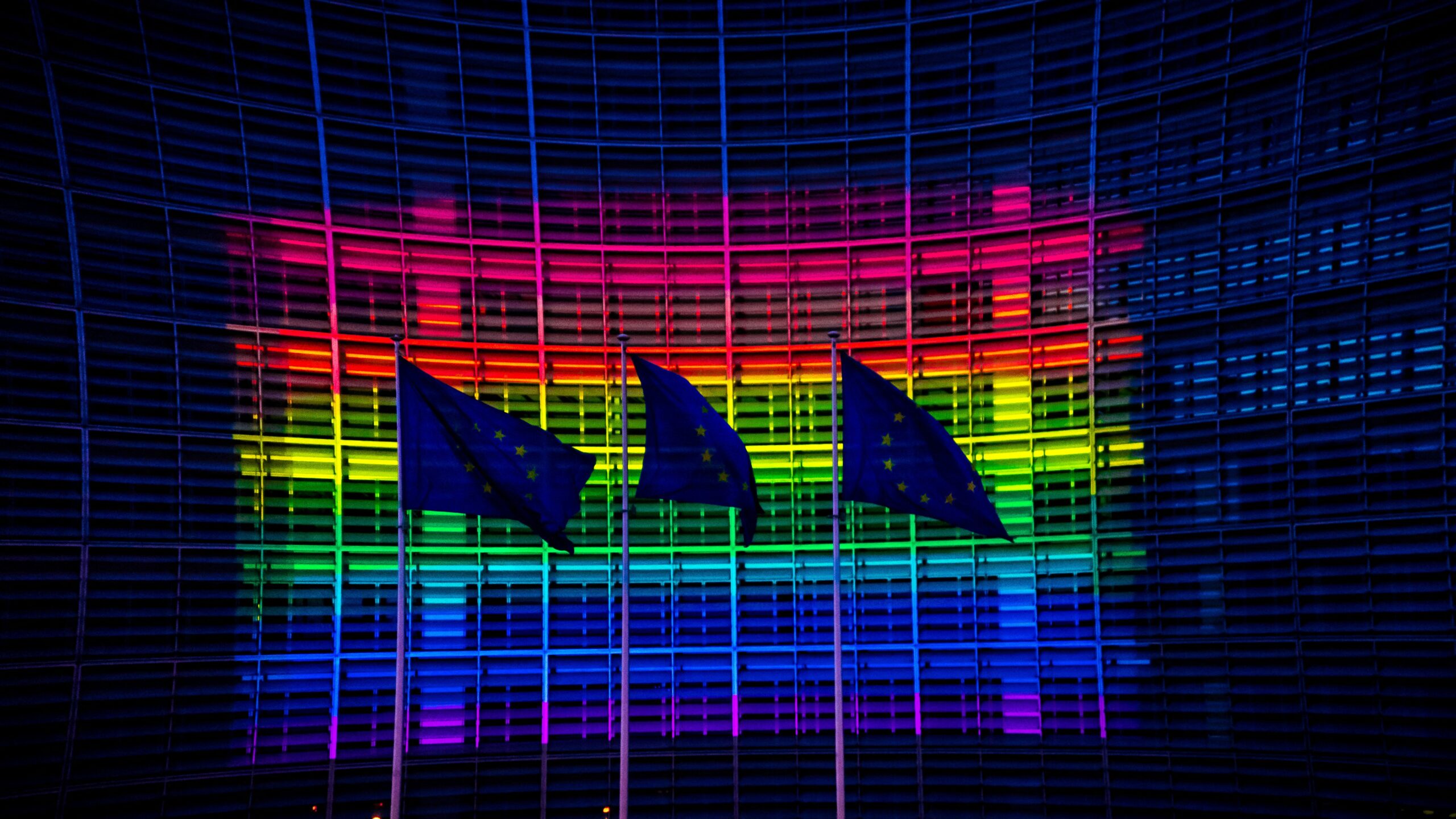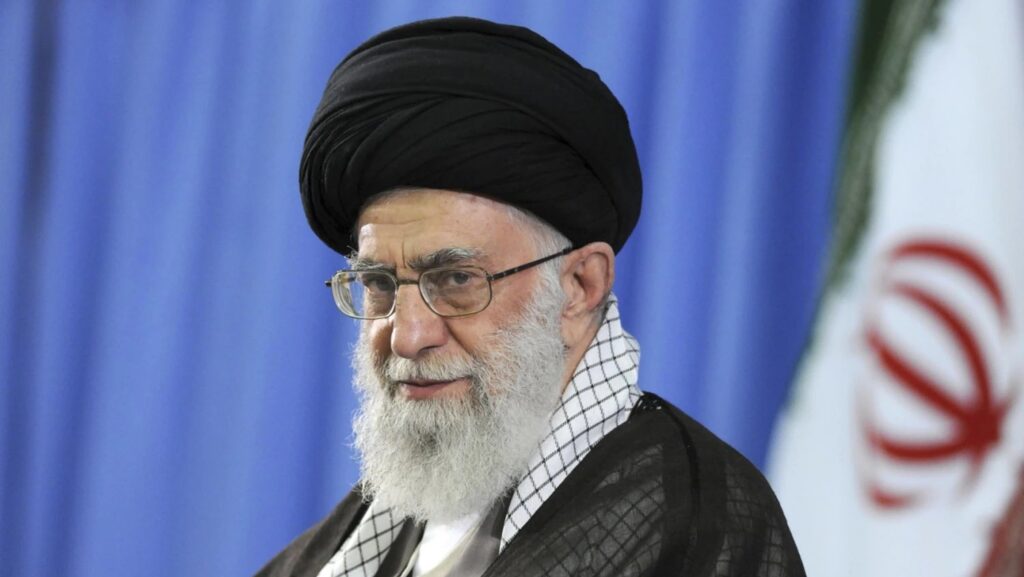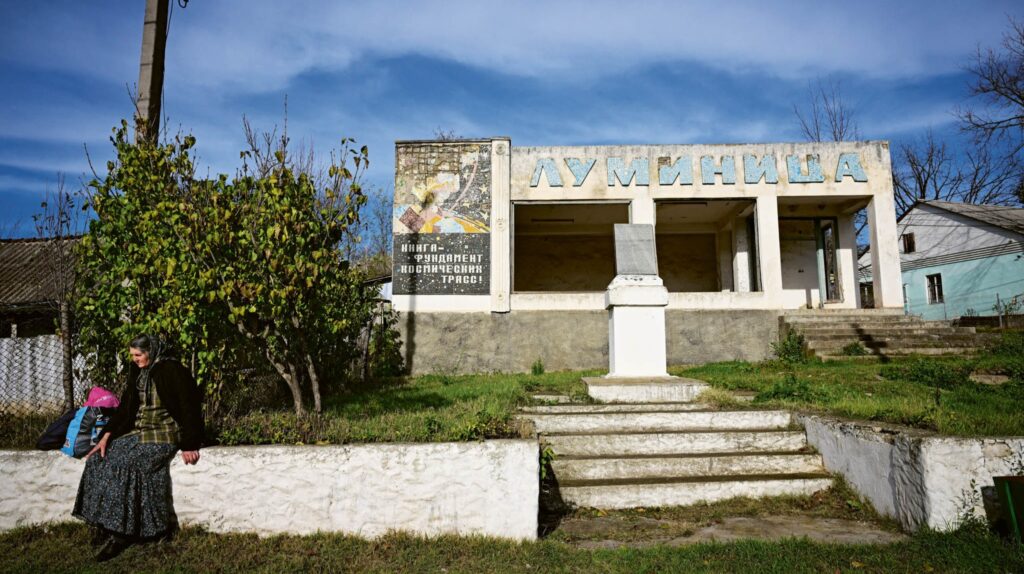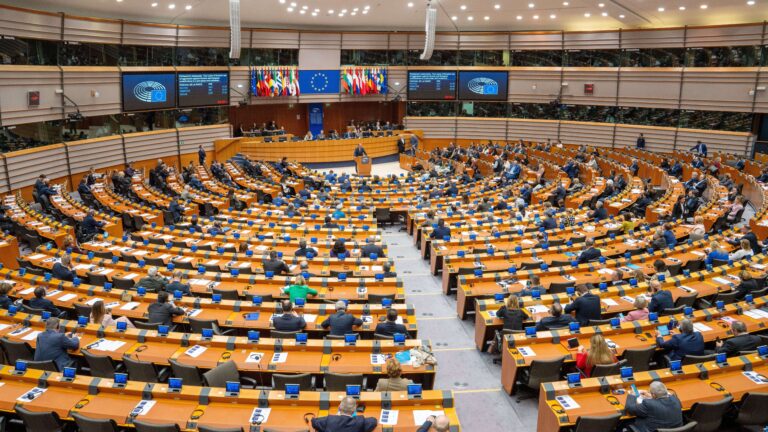According to Article 9 of the Charter of Fundamental Rights of the European Union: ‘The right to marry and the right to found a family shall be guaranteed in accordance with the national laws governing the exercise of these rights.’ In other words, under the Charter it is up to each Member State to determine its own national laws governing matters such as marriage and adoption. Since family policy falls within the exclusive competence of Member States, the EU should have no say in family law matters, nor should it promote legislative changes such as the recognition of same-sex marriage or the parental rights of same-sex couples. It is within the Member States’ discretionary power to determine who may marry and adopt within their borders.
It is obvious from the Commission’ LGBTIQ+ strategy, presented last week, that the Berlaymont disregards the above-cited provision from the Charter that family policy is a Member State competence. The Commission’s LGBTIQ equality strategy for 2026–2030 explicitly seeks to expand same-sex marriage and parental rights. Whilst the European Parliament often uses the fight against discrimination to advance same-sex marriage and parental rights, the European Commission is using the freedom of movement as a Trojan horse to do the same.
In the EU, the freedom to move between Member States is a fundamental right—yet while same-sex marriage is legal in some countries, it is not in others. According to the EU’s line of argument, the rights of same-sex couples should not be undermined when they exercise their freedom of movement within the Union. Under the guise of protecting this ‘freedom of movement’, EU institutions have already required, for instance, that Romania grant residency rights to the same-sex spouse of a Romanian citizen (whom he married in Belgium), thereby forcing the country to recognize a same-sex marriage that is otherwise not permitted under its national law.
A similar case occurred in Bulgaria, which was also mandated by the EU to recognize the parental rights of a same-sex couple ‘to protect their child’s freedom to move’. Initially, Bulgaria refused to issue travel documents to the child of a Bulgarian woman and her same-sex partner living in Spain, as doing so would have required the country to register two females as parents—something excluded under Bulgarian national law. The Court of Justice of the European Union, however, ruled that Bulgaria must recognize the same-sex couple as parents so that the child may receive the relevant travel documents, enabling her to exercise her right to free movement. These cases drew criticism from the political right, as they demonstrate the European Union’s eagerness to interfere in the exclusive competences of Member States in the area of family law and, in doing so, to extend the Union’s own powers.
‘These cases…demonstrate the European Union’s eagerness to interfere in the exclusive competences of Member States in the area of family law’
Linked to family policy—a competence the Commission wishes Member States to be robbed of—is the debate on the presence of gender- and sexuality-related content in public education. According to the Hungarian Constitution (Article XVI(1)): ‘Hungary shall protect the right of children to a self-identity corresponding to their sex at birth, and shall ensure an upbringing for them that is in accordance with the values based on the constitutional identity and Christian culture of our country.’ The quoted provision from the Hungarian Constitution, as well as the country’s Child Protection Law, limits discussion about transgenderism in public education—for which the EU sued Hungary. Allegedly, Budapest is guilty of ‘censoring’ content about sexual diversity.
The Commission even mentioned the infringement procedure and the trial against Hungary as one of its achievements in its latest LGBTIQ+ strategy. That is, under the guise of furthering LGBTIQ+ equality, the Commission is now seeking to strike down national legislation that limits the scope of sexuality-related content permitted in public education.
The Commission’s new LGBTIQ+ strategy testifies not only to the Union’s eagerness to overtake exclusive national competences but also to its willingness to constrain free speech under the guise of protecting the LGBTIQ community from hate speech. As of now, the Treaty on the Functioning of the European Union (Article 83(1)) lays out ten so-called ‘EU crimes’ that the Member States are expected to combat jointly. These crimes are terrorism, trafficking in human beings and sexual exploitation of women and children, illicit drug trafficking, illicit arms trafficking, money laundering, corruption, counterfeiting of means of payment, computer crime, and organized crime.
In its LGBTIQ+ strategy, the Commission proposes to include hate speech in the above-mentioned list of serious crimes—all to ‘better protect’ the LGBTIQ community. This would not only mean that the 27 Member States would need a common approach to defining what constitutes ‘hate speech’ but also that all EU countries would be required to fight against such crimes collectively.
Most Member States already have rules on ‘hate speech’; some stricter, others more liberal. The Commission’s proposal to regulate the matter jointly is yet another demonstration that the Berlaymont uses the fight for LGBTIQ+ rights as a disguise to advance its own powers at the expense of the Member States’. The inclusion of ‘hate speech’ on the list of EU crimes would encroach upon the Member States’ competences in the field of criminal law.
Related articles:







